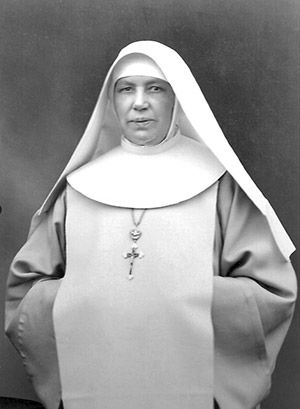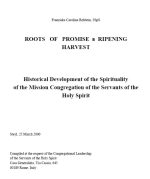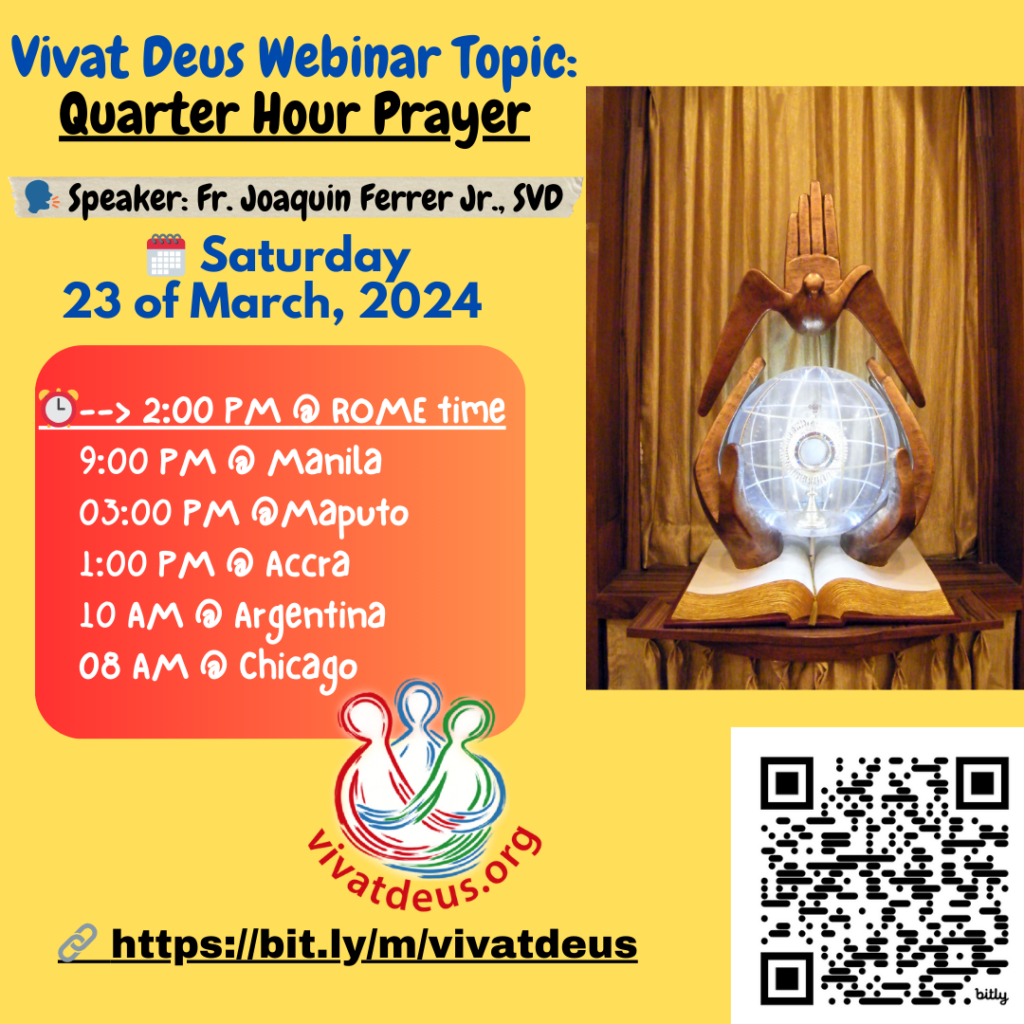- Post Articles
- Arnoldus Spirituality
- Bishop José Luis Corral, SVD Translator: Carlos Melvin, SVD
- Comments: No Comments
Author: SSpSAP
Subject: Constitution 113: Spirit of Prayer The Gift of Fortitude
Language: English, Spanish
Publisher: SSpSAP Generalate
Year: 1997







